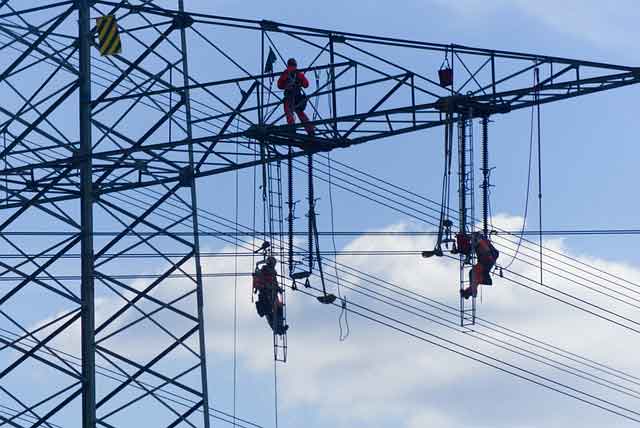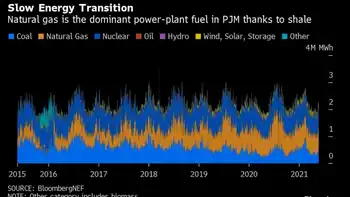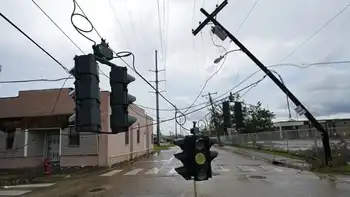Canadians show little interest in Smart Meters
By Digitalhome.ca
Electrical Testing & Commissioning of Power Systems
Our customized live online or in‑person group training can be delivered to your staff at your location.

- Live Online
- 12 hours Instructor-led
- Group Training Available
However, despite heightened environmental awareness and concern, a new study by Ipsos Reid has found that Canadians are showing little interest in Smart Meters.
The pollsters found that less than one in four adults (23%) surveyed said they are “extremely” or “very interested” in Smart Meters while just over a third (37%) described themselves as being “somewhat interested”. Four-in-ten Canadians (40%) indicated that they are not interested in Smart Meters at all.
The firm believes the lack of interest is due to low awareness levels outside of Ontario and the governmentÂ’s failure to properly communicate their benefits.
Consumer awareness of Smart Meters was highest in Ontario where the provincial government has mandated that all homes must have one by 2010. The study found that 70% of Ontarians are aware of Smart Meters with another 30% saying they had not heard of the technology prior to the survey. Awareness elsewhere in Canada is significantly lower with one quarter having heard of Smart Meters in Alberta (25%), Atlantic Canada (24%) and Quebec (23%) and just two-in-ten in British Columbia (19%) and Saskatchewan/Manitoba (21%).
“Even in Ontario it appears that many consumers are unclear about the potential benefits of Smart Meters,” says Mark Laver, Associate Vice-President with Ipsos Reid.
“Governments and electricity providers will have to continue to communicate the benefits of Smart Meters to ensure a successful roll-out and adoption by the general public. Those in other provinces in particular have a great deal of education to do before launching Smart Meters.”
The research also questioned consumers about how often they would check their electricity consumption if information was made available via the Internet. A wide range of responses were received to this query. Just under four-in-ten (37%) Canadians would use the Internet to check their electricity consumption on a hourly (1%), daily (10%) or weekly (26%) basis, while another six-in-ten (62%) say they would do so monthly (17%), when their bill arrived (25%), or whenever their bill was more or less than expected (20%).
Laver continues, “The concern is that online viewing of energy consumption data will be a novelty item for many Canadians. The challenge for energy providers will be to find ways to keep consumers coming back to these sites to learn more about conservation and their consumption habits. In numerous studies consumers say they are concerned about the environment and conservation however, they do not appear to be willing to do the work to change their behaviors.”
The Ipsos Reid survey was an online survey of 2,725 Canadian adults conducted from April 11th to 17th of this year.











